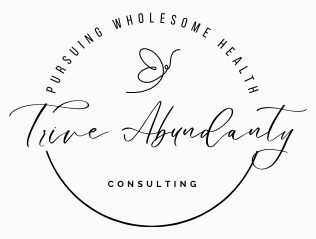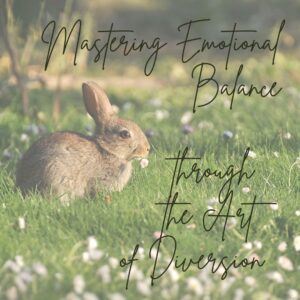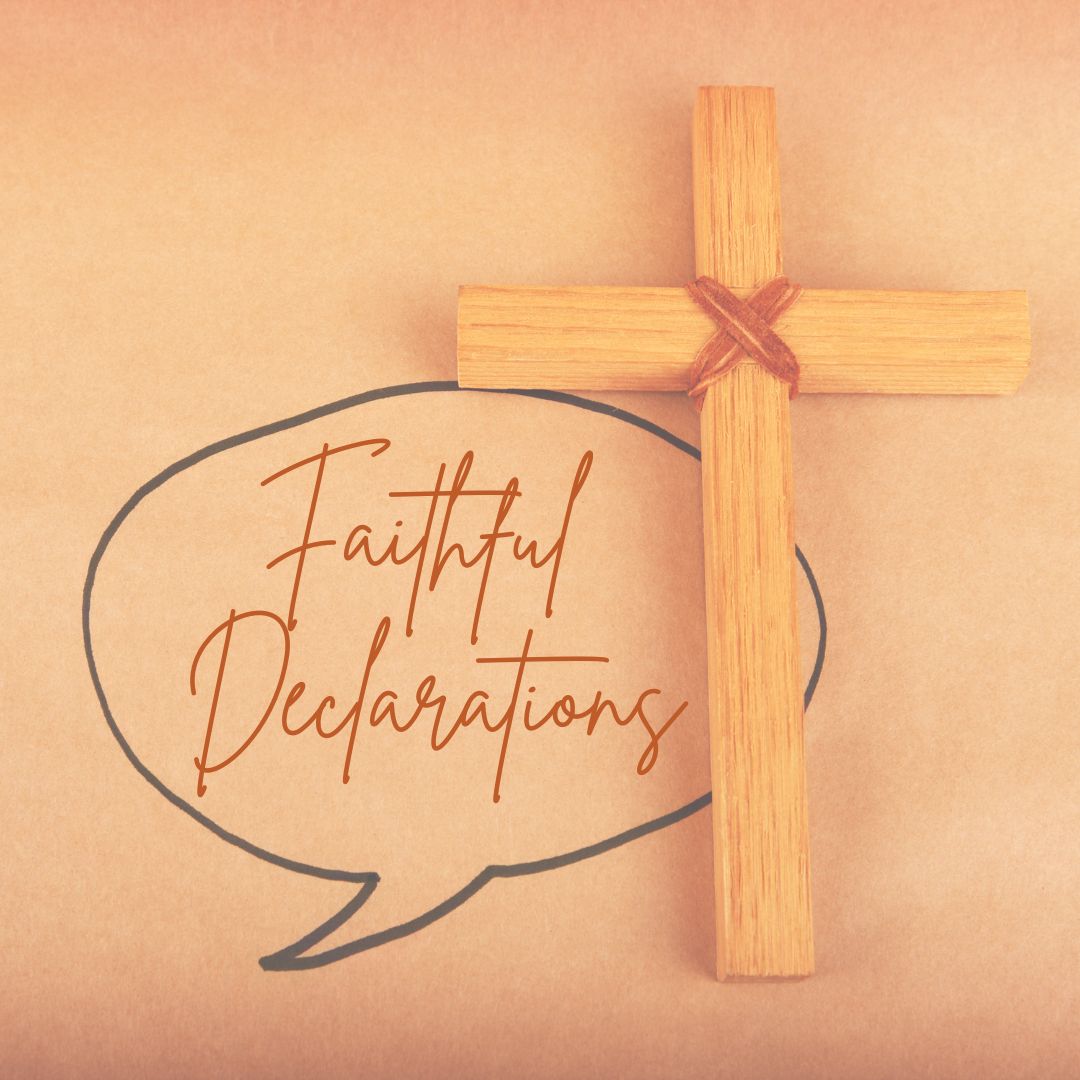Hey friends, if you’ve been on a quest for biblical truths to replace those deep-rooted subconscious beliefs from the last post, then today’s journey is halfway complete. Today, we’re looking into the transformative power of declarations in the realm of subconscious belief overhaul and mind renewal.
We’ll explore what studies have uncovered and tackle the nuances of using declarations effectively in our mission to cultivate genuine, biblical beliefs, replacing the unhealthy ones we’ve identified and say goodbye to. Think of it as not just cleaning house but redecorating it—because, as the Bible suggests, an empty, swept-clean space might be susceptible to unwelcome guests. While that originally referred to spirits, the principle extends to various aspects of life.
When you decide to eliminate sugar from your diet, for instance, isn’t success more sustainable if you find a healthier alternative to fill that void? The same goes for beliefs. The old ones served a purpose, perhaps offering a sense of protection. So, when you get rid of them, it’s crucial to replace them with something beneficial. Crafting declarations becomes a thoughtful process; take some time to reflect on the perks those old beliefs provided.
Take our ongoing example of believing in perpetual loneliness. If that’s a struggle, what purpose did that belief serve? Was it a shield, providing a sense of safety, protection from disappointment by keeping your hopes and expectations at bay? When you shape your declarations, consider not only affirming your worth but also addressing the need for security and protection.
Now, let’s dive into what research has uncovered on this fascinating journey of transforming our beliefs.
Scientific studies on the impact of making declarations or affirmations over our lives fall within the realm of positive psychology and cognitive science. While research in this area is ongoing and may not universally agree on all aspects, there are some general findings:
Studies suggest that positive affirmations and declarations play a role in boosting our overall sense of well-being while helping to keep stress at bay. The self-affirmation theory, (yes, there is such a thing), proposes that we’re wired to maintain a positive self-identity, and making positive declarations aligns perfectly with that. By focusing on our strengths, values, and positive self-identity, we can cope better with challenges and enjoy psychological benefits.
Neuroplasticity, the brain’s amazing ability to reorganize itself, comes into play. Affirmations seem to contribute to rewiring our neural pathways linked to how we see ourselves and regulate emotions. Positive thinking, another buddy of affirmations, is connected to stress reduction and even better health outcomes. Some studies say it’s not just about saying the words but also about making a plan—implementation intentions—clearly mapping out how and when we’ll take actions related to our goals. More on that in a future post.
But it’s also important to know that not all studies are 100% on the affirmations train. Some say it depends on your mindset and context. If the affirmations clash with your core beliefs, they might not be as effective. And that is fascinating, because that is exactly what we are working on, changing our core beliefs.
And, of course, the social side of things matters too. Factors like social support and cultural context can sway how affirmations work for us. So, while affirmations can be a fantastic tool for some, they might feel irritating or unhelpful to others. We don’t want to become slaves to something simply because a statistic tells us it might be a good idea. Finding what works best for you is the goal.
Let’s use God’s truth and give declarations a shot! Saying out loud the new things we want to embrace is a game-changer. This practice, often called declarations or self-talk, isn’t just a fancy idea—it’s backed by studies.
Positive or truth-packed self-talk, has the power to amp up your cognitive skills—better attention, sharper memory, and problem-solving on point. Plus, it’s your stress-buster, helping you kick negative thoughts to the curb and dial down stress and anxiety. It is also a confidence booster, building up your belief in your abilities to tackle anything that comes your way. Athletes swear by it in sports psychology, using it to dial in their focus, stamina, and overall performance.
Neuroscientific studies show that when you put your thoughts into words—whether you’re chatting with yourself in your head or having a full-blown conversation out loud—it lights up brain regions that handle self-reflection and emotional processing. It’s like a mental gym session for better emotional regulation and decision-making.
What you say to yourself can shape your beliefs and actions, creating a loop that aligns with those beliefs. It’s like setting the stage for your own success story. Let’s make what we say to ourselves be true, like Philippians 4 tells us.
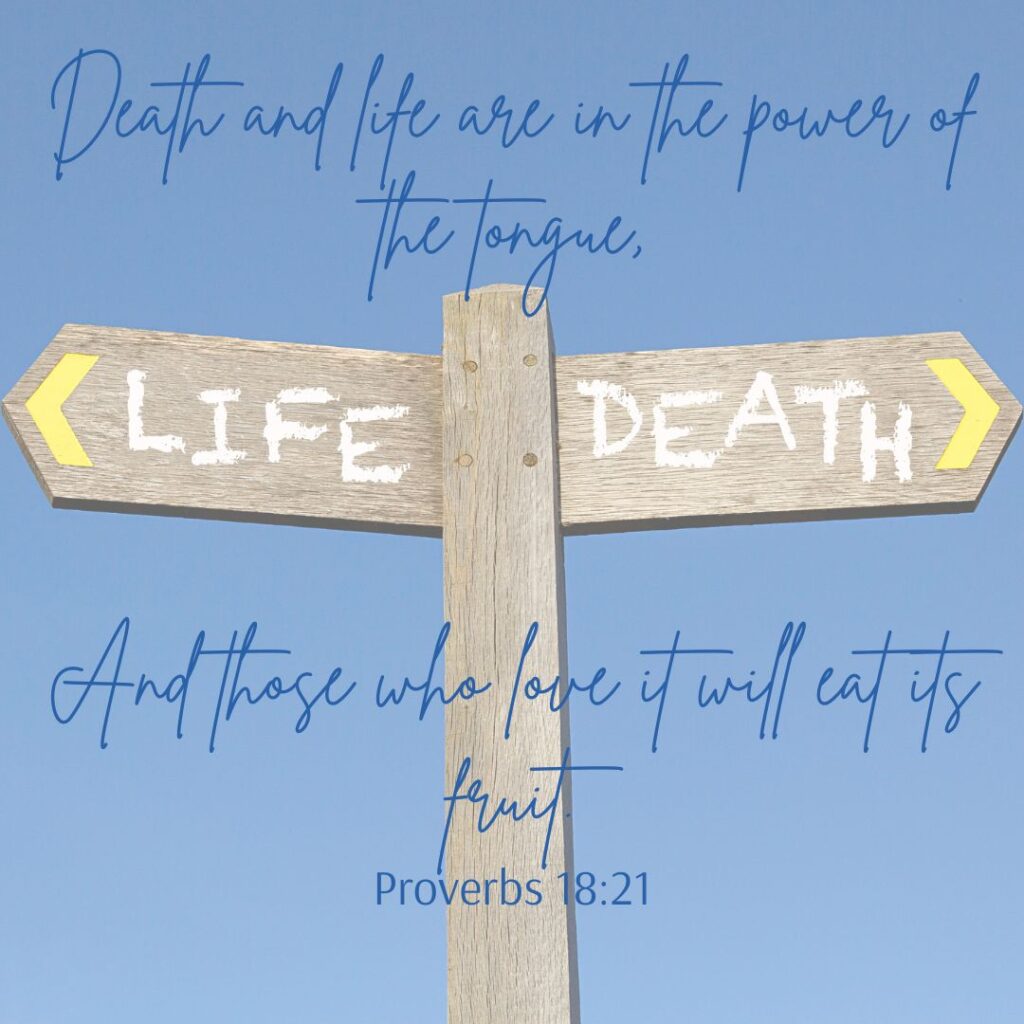
Keep in mind though, self-talk isn’t one-size-fits-all. The key is in what you say and how you say it. Keep it positive and uplifting, biblical, and for an extra boost, throw in some mindfulness and goal-setting.
The Bible contains several verses that touch upon the power of words and the significance of what we speak. Here are a few passages that highlight the importance of speech and declarations:
- Proverbs 18:21 says: “The tongue has the power of life and death, and those who love it will eat its fruit.” Imagine, our words are like a conductor’s baton, directing a beautiful symphony or, well, the opposite.
- James 3:5-6 throws in a visual: “Likewise, the tongue is a small part of the body, but it makes great boasts. Consider what a great forest is set on fire by a small spark.” James tells us to watch out, our words can be a blazing wildfire, and not the good kind. It’s a wake-up call to the potential destruction lurking in our speech.
- Now, switch gears to Proverbs 16:24 : “Gracious words are a honeycomb, sweet to the soul and healing to the bones.” Kind words are like a healing balm, not just for others but for us too.
- And then, Matthew 12:36-37 drops a truth bomb: “But I tell you that everyone will have to give account on the day of judgment for every empty word they have spoken.” Jesus is putting it plain and simple—our words matter, and we’re held accountable for them.
- Ephesians 4:29 adds more: “Do not let any unwholesome talk come out of your mouths, but only what is helpful for building others up according to their needs, that it may benefit those who listen.” It’s like a reminder to keep our words positive, uplifting, and constructive.
These verses together are like a flashing neon sign saying: “Hey, your words have superpowers! Use them wisely.” They nudge us to take a moment, think before we speak, and in this case specifically to ourselves, and realize the incredible impact our words can have.
However, if the declarations are just coming from your head and aren’t connected to your heart, they will not be as effective. So it is critical to connect those declarations with your heart. Imagine it like a cozy chat with your inner truth-seeker. Take our ‘feeling on the outside looking in’ example—easy to believe, that in theory we are made for belonging, right? But what about those beliefs still doing their opposing thing in the shadows? So let’s be sure to ask ourselves “How do I really feel about this?” Then, let the truth slide into that feeling part of you.
Because, let’s be real, if you’re not present with these declarations, they’re just words on a post-it note, not the life-changing affirmations they’re meant to be. If you’re feeling that lingering disillusionment, it’s time for a tailored declaration. Picture that hesitant part of you like a mini version, unsure and in need of a pep talk. Craft a declaration that speaks straight to that doubt. Like, “Even though I’m afraid, I will trust in God, for he’s greater than all my fears. He says I’m made for community, and he knows what he’s talking about.” It might not be word-for-word from the Bible, but it’s got the same idea, echoing that theme of trust in the face of fear.
So, let’s make those declarations more than just words—let’s make them heart-to-heart conversations that reshape beliefs and kick doubts to the curb.

Here are several Bible verses that could be used to work into a declaration for our new belief. Feel free to use these or others that fit your situation to get practice. See if you can come up with a declaration that is personalized to you for each of them:
- Isaiah 41:10: “So do not fear, for I am with you; do not be dismayed, for I am your God. I will strengthen you and help you; I will uphold you with my righteous right hand.”
- Psalm 56:3-4: “When I am afraid, I put my trust in you. In God, whose word I praise—in God, I trust and am not afraid. What can mere mortals do to me?”
- Psalm 23:4: “Even though I walk through the darkest valley, I will fear no evil, for you are with me; your rod and your staff, they comfort me.”
- 2 Timothy 1:7: “For the Spirit God gave us does not make us timid, but gives us power, love, and self-discipline.”
- Deuteronomy 31:6: “Be strong and courageous. Do not be afraid or terrified because of them, for the LORD your God goes with you; he will never leave you nor forsake you.”
Sometimes people give us declarations. They may not feel like straight from the Bible. But you can go searching the Bible to see if you find confirmation for these. It’s a great way to test things by the Word of God. If you’re up for it, here are some declarations I have heard before. Can you find Bible verses to back them up?
- “You are made for relationship.”
- “Relationships are totally worth the effort, and you’re up for it.”
- “You’re a person inherently worthy of fantastic relationships.”
- “You’ve got the power, and learning to build godly relationships? You’re on it!”
- “Connection and deep, meaningful relationships? Absolutely legit needs for you.”
You can think of truth like a relationship. At the start, it’s a bit like meeting a stranger because, let’s be honest, it’s a departure from the beliefs we’ve been carrying for a while. But, over time, we get to know it better, and it transforms from a stranger to a friend and, eventually, a best friend.
Now, this truth journey can feel a bit alien initially. When choosing declarations, it’s crucial to go for the ones that, at the very least, you can reason yourself into believing. Going for declarations that feel too far from your current reality might backfire, reinforcing the opposite. So, let’s start with some realistic, progressive declarations – baby steps on this journey to embracing the belief that you’re destined for awesome relationships.
Here’s a simple guide to crafting declarations in the areas where you’ve identified those pesky false beliefs rooted in lies:
- Identify the belief: Pinpoint an area you want to work on. If you’re not sure, check where hope might be a bit scarce – that’s usually where the lies lurk.
- Consult the Bible: Look up what the Bible says about that specific area in your life. You can use a concordance or go online to find relevant verses.
Here are some declarations inspired by powerful verse. How do they fit for size for you? Let these ideas be a springboard for crafting your own.
Hebrews 10:24-25: And let us consider how we may spur one another on toward love and good deeds, not giving up meeting together, as some are in the habit of doing, but encouraging one another—and all the more as you see the Day approaching.
📣 I am not giving up. Every day I am learning to spur those I am in relationship with on to love and good deeds.
Ephesians 4:2-3: Be completely humble and gentle; be patient, bearing with one another in love. Make every effort to keep the unity of the Spirit through the bond of peace.
📣 I am growing in humility, gentleness, patience and compassion in my relationships, making every effort to seek unity.
Proverbs 18:24: One who has unreliable friends soon comes to ruin, but there is a friend who sticks closer than a brother.
📣 I surround myself with reliable friends that stick close.
Proverbs 17:17: A friend loves at all times, and a brother is born for a time of adversity.
📣 My friendships are marked by mutual love and faithfulness.
Colossians 3: 12-14: Therefore, as God’s chosen people, holy and dearly loved, clothe yourselves with compassion, kindness, humility, gentleness and patience. Bear with each other and forgive one another if any of you has a grievance against someone. Forgive as the Lord forgave you. And over all these virtues put on love, which binds them all together in perfect unity.
📣 I choose patience as I pursue relationships marked by mutual love. I am prepared to prioritize forgiveness and love.
Ecclesiastes 4:9-10: Two are better than one, because they have a good return for their labor: If either of them falls down, one can help the other up. But pity anyone who falls and has no one to help them up.
📣 Friends are meant to be supportive to each other. I am a supportive friend. I am letting others close enough to support me when I fall.
As you engage with these declarations, some may resonate with you, while others might give you pause. For instance, the word ‘everyday’ in one declaration may feel overwhelming, prompting a need for adjustment to something more manageable, like doing this once a week for those you aim to build deeper connections with. Tailoring these declarations to elicit a resounding yes in your heart is key. For those that don’t quite resonate yet, consider placing them on a mental shelf for a later time when you’ve ascended a few steps on the mountain, making them more achievable.
Recognize that this is a process. It’s perfectly fine to work with what feels doable now and not be overly concerned about what seems challenging. There are countless more verses that can apply to your focus on healthy relationships, providing a rich source for reflection and learning. As you continue this journey, new verses will likely emerge, allowing you to declare truth and incorporate them into your evolving understanding of biblical relationships. So stay alert for Holy Spirit prompts!
Taking a cue from the wisdom shared by others, being realistic is crucial. It doesn’t mean aiming low but understanding that the climb to healthier relationships is gradual. Think of each declaration as a step on this ascent. Instead of setting grand goals, start with achievable steps. For instance, rather than declaring all your relationships resemble those in Colossians 3, begin with, “Every day I am learning to be aware of my own priorities in relationships.” As you consistently achieve awareness, you can then progress to declarations like, “I work at prioritizing forgiveness and love in all my relationships.” This step-by-step approach allows for ongoing evaluation, assessment, and dynamic progress, avoiding the fatigue of a singular, overwhelming declaration.
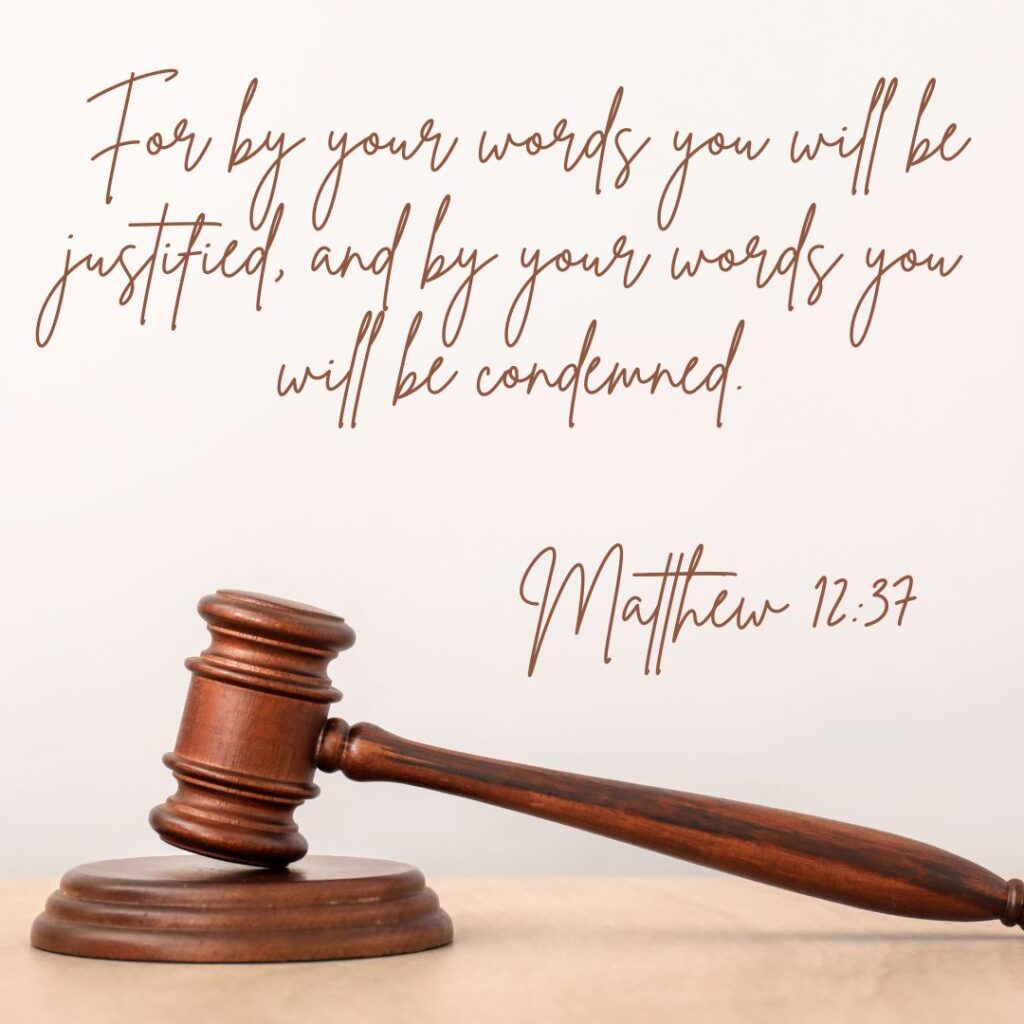
This work of transforming our beliefs involves a deliberate and thoughtful process. Declarations, rooted in biblical truths, can serve as powerful tools in reshaping our mindset and actions. As you craft declarations tailored to your unique path, remember that this is a dynamic, step-by-step journey. Embrace the progress you make, and don’t be disheartened by the steps still ahead.
I invite you to take action. Identify a specific belief that could benefit from transformation. Dig into the Scriptures, finding verses that resonate with your focus. Craft declarations that align with your current reality while paving the way for growth. Share your insights, struggles, and victories with a community that supports and encourages you on this transformative journey. Remember, small steps lead to significant change.
